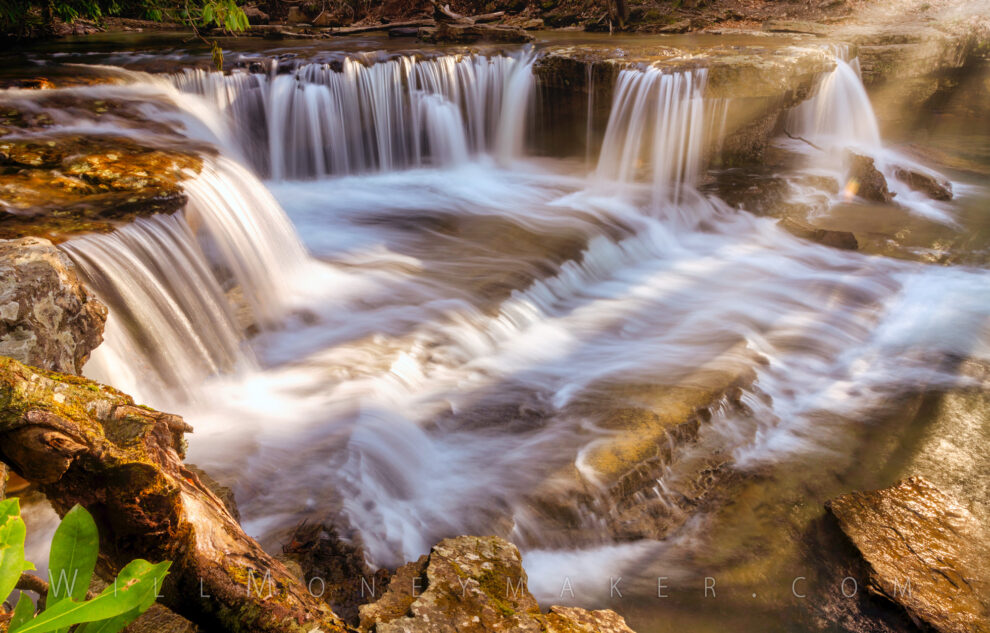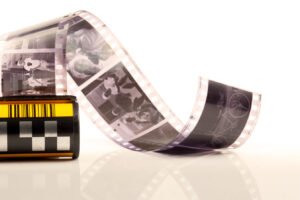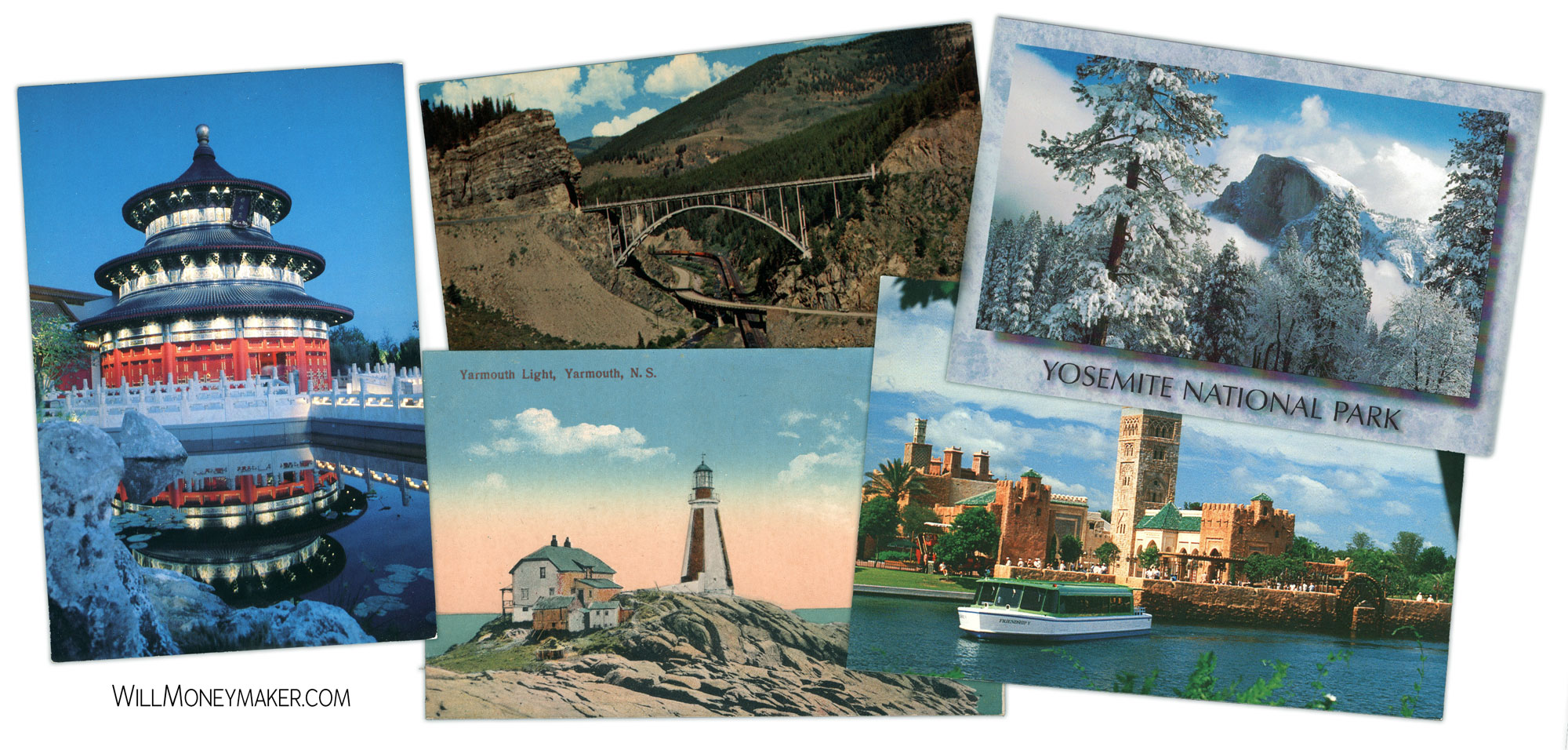We’re always looking for something new. New ideas, new inspiration, new places to take photographs, new gear, new skills, and techniques. Sometimes, however, this quest for newness is impossible to keep chasing. This is especially true when it comes to things like locations and new photographic ideas. To that end, let’s take a look at reasons why you might want to revisit the past — and what you may gain from doing so!
Revisit the Past for Fresh Perspective
Finding new places to take photographs is perhaps one of the greatest struggles for any photographer. I know that I, personally, struggle with this because the desire is always there for new, new, new. Because of this, I have a long list of old haunts, places that, a decade ago, I spent all kinds of time exploring. But, as always happens, the luster wore off. I began to feel as if I’d been everywhere, seen everything and turned over every stone in search of photos. I’ve convinced myself that all photographs that I could possibly take at these places, I’d already done.
And this is a viewpoint that I think, is problematic. You see, for most of us, we’re more or less stuck with where we happen to be. Sure, with unlimited time and money, I could travel the world and seek out all the exotic new locales that I could wish for. Unfortunately, time and money are both limited, so I am mostly left taking photographs closer to home, as are most people.
This is why I think it’s important to abandon this notion that there is nothing left to discover at our old photographic stomping grounds. It may be productive to revisit these places from time to time. The fact is, over the years, we learn and grow, we develop new skills. Our artistic styles change and so does our perspective on life. With all of these inner changes, the possibility is there for us to see our old favorite haunts in new ways — and with that, there is the possibility to create new photographs at locations that we’ve visited dozens of times before.
Revisit Your Archives for the Opportunities
Revisiting the past doesn’t simply mean to revisit old locations for new photographs. It can also be very worthwhile to revisit your photographic archives. If you’ve been taking photographs for a few years, then you doubtless have hundreds of unprocessed negatives sitting on an external hard drive or three. These are always worth a look because, just as with revisiting old locations, your skills and perspective grow with time. Perhaps with newfound post-processing skills, you’ll find a few digital negatives that are worth processing, after all! This makes an excellent rainy-day project, I think. When inspiration is low and you can’t leave the house to search for photographs, take a few hours to look at your archives instead.
Revisit Your Archives for Ideas
Your archives are not only a source for potential negatives that can be processed but also a source of ideas. In fact, the beautiful thing about archives is that they are essentially a fountain of ideas. All of which you’ve had before, of course, but still, this is something worth looking into, especially if you’ve been a photographer for a decade or two. You doubtless have dozens upon dozens of ideas that you forgot you ever had, all buried in those archives. I know I do!
Why are these ideas all abandoned? In some cases, maybe the idea just wasn’t all that great, to begin with. Poorly thought out, or you didn’t spend enough time considering all angles. Maybe the inspiration to turn the idea into something good just wasn’t there at the time. It might be time to look at some of these “halfway there” ideas and see if something new comes to you, some new ways to refine these ideas and make them worthwhile.
In many other cases, you’ll find that there was some other limitation that made the negatives not worth processing. Perhaps you were working with your starter camera and the technology you had access to just wasn’t enough to accurately recreate your vision. Maybe you didn’t yet have the skillset to put into print what you saw in your mind or maybe earlier versions of Photoshop just weren’t capable of doing what you needed to do. Whatever the case may be, when inspiration runs low, your archives are a good place to search for old, abandoned ideas that you can pursue with new gear and a fresh perspective.
Revisit Old Gear to Appreciate the New
Now, I know this sounds like an odd thing to do. And, for those of us who sell a lot of our old gear or only replace gear when it’s broken and unusable, it may not be possible. However, if you do have old camera bodies or lenses laying around, it may be worthwhile to go back and tinker with older gear. This is especially true when you feel that temptation to run out and buy the latest and greatest new gadget. Playing with old equipment is one of the surest ways to remember how difficult your photographic life was back then, and thus, help you to remember that your current equipment really isn’t all that bad — and maybe you don’t need that new camera body, after all!
There are also a few other reasons to revisit older gear. To this day, many photographers still enjoy taking photos with film, and for a variety of reasons. The challenge of not being able to look at the images until they’ve been processed holds some appeal and so does that old-fashioned look of film photos, a look that is very difficult to replicate in the digital era. And, of course, there is something to be said for nostalgia. Sometimes that nostalgia, in and of itself, is just the feeling you need to get creativity flowing once more.
That’s the interesting thing about our own personal photographic pasts. There are lots of reasons to revisit those years gone by. You’ll find lots of insights, not only among your archives but also among all those old locations you once visited and even in your collection of older equipment.





